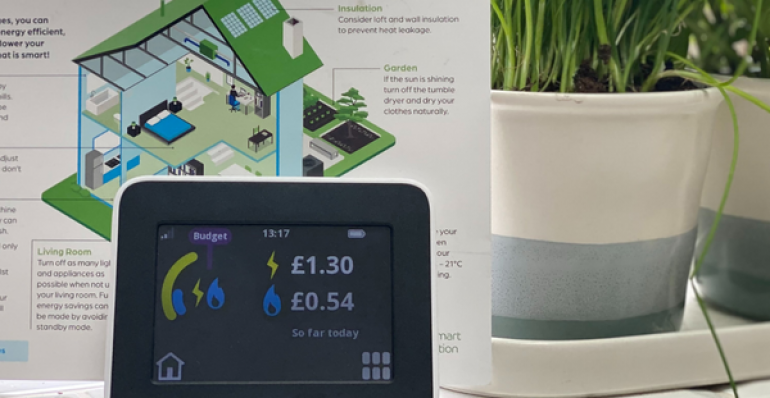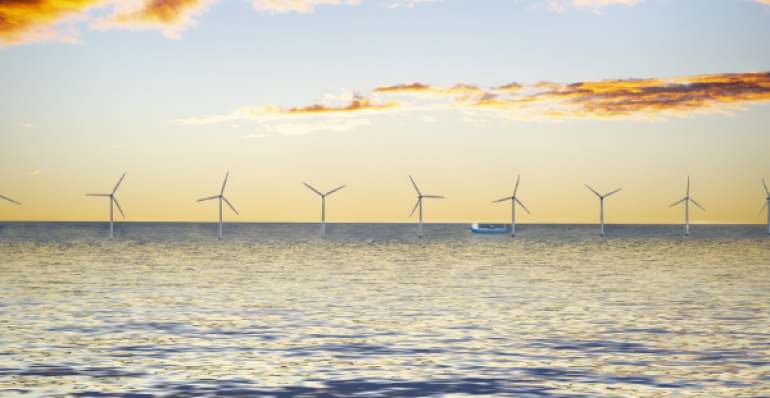Generally we are supportive of the Data Best Practice Guidance as a response to the Energy Digitalisation Taskforce recommendations and the evident challenges of meeting net zero. We support the idea that de-personalised, (suitably aggregated or anonymised), smart meter data held by Distribution Network Operators should be treated as Energy System Data and subject to the requirements of the Data Best Practice guidance.
Consultation Submissions
We outline our response to the proposed Review of the Electricity Markets Arrangements (REMA) in a letter, and answer a series of questions. We argue that it is vital that the impact on end-users of these reforms is considered, because the changes will have far-reaching implications for decades to come.
Download letter
Download questions
We outline below our high-level response to water regulator Ofwat’s key PR24 draft methodology and the answers to a selection of the questions posed.
Whilst there is much to support in the Draft Determinations, for example on low carbon technologies, efficiency, and consumer engagement, Sustainability First has a number of concerns that we raise in our response to this consultation, including the failure to adequately incentivise environmental performance, insufficient focus on tackling distribution losses, inaction on the potent greenhouse gas SF6, and the decision to reject company proposals for energy efficiency measures that would help customers in vulnerable situations.
In this submission, we make high-level comments on locational pricing - in particular on the customer impacts and fairness and on scope and sequencing - before turning to specific questions Ofgem has raised. We argue that the underlying charging structures need to send the right price signals to encourage the demand side to play the invaluable role needed to achieve net zero. It is important that the consumer voice is brought into these debates, which cannot be left to technical discussions in industry dominated working groups.
Success in net-zero delivery, including ensuring an inclusive transition, will require Ofgem to look well beyond the scope of this narrowly framed document. In particular: any institutional arrangements at a local level aimed at addressing net zero have to look more widely than just at energy. Even in the narrower context of energy there is a need to think more broadly about potential future challenges to the energy system.
We fully support the need for a Strategic Policy Statement, and also recognise that it needs to be part of the strategic objectives which have been set for Ofwat in legislation. The SPS admirably seeks to give these steers which are, welcomely, significantly more numerous and granular than in the 2017 SPS. We outline our response to Defra’s three key questions and make suggestions for improving the SPS. But we also argue that the SPS would be greatly improved if – either within the document or elsewhere – ministers set out a strategic vision for a future water industry.
The National Infrastructure Commission’s Baseline Assessment Report identifies the key challenges that will shape our infrastructure and quality of life for decades to come. Infrastructure has a significant impact on net zero ambitions, biodiversity, affordability and the levelling-up agenda. Identifying and addressing the associated risks and opportunities is crucial for a sustainable and resilient future.
While generally supportive of the substance behind the Business Plans, we call for far more consistent metrics. Affordability is a critical customer issue, but the focus on short term bill impacts should not lead Ofgem to cut back on investment to improve resilience. Two areas that need further attention are energy losses and the greenhouse gas SF6, commonly used as an effective insulator.









